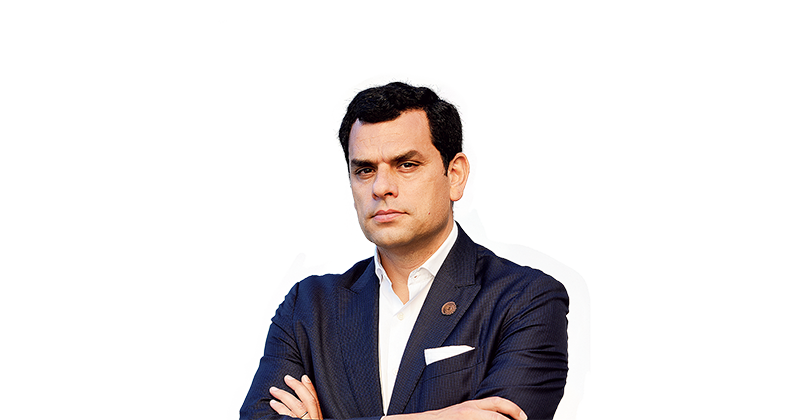It’s simple, but it still needs to be done. There is a need for curriculum reform that values scientific knowledge production processes, integrating science, engineering, and mathematics into curriculum design, with extensions to art and the design. It is simple, but it still has to assume a methodological perspective that fits the needs of the contemporary world.
Amazement and enthusiasm for scientific knowledge and the processes of science must constitute one of the most intense experiences of compulsory education. But this is not what happens. School science continues to not provide sufficient opportunities for students to participate in practical and experiential activities. Years pass, in the second and third cycles of basic education, without students entering the laboratory. I know of cases of students from a high school science and technology course who have very limited experience in practical and experimental work.
In recent years, Portugal has invested in the establishment of Ciência Viva clubs at the school. But it takes much more than that. Also because, typically, these clubs are located in schools that host gatherings, and there are little or no opportunities for young children to participate.
All this, though, dear reader, I ask you to join me in a well-deserved tribute to Portuguese women who are advancing in the field of science.
Salome Pinto, a researcher at the Institute for Research and Innovation in Health (I3S) at the University of Porto has successfully secured 10 million euros in funding to study the mechanisms that allow the development of autoimmune diseases. It was one of only 29 projects funded across Europe by the highly competitive European Research Council (ERC).
At the same time the gate Research.com The first edition of classification One of the 1000 most important scientists in the world. The main objective of this classification It is to increase women’s visibility and career opportunities in science. In this way classification, women work primarily in the field of life sciences (63.7%), with a particular focus on medical sciences (46.8%). There is also a Portuguese woman there: Isabel Ferreira, of the Polytechnic Institute of Bragança, the current Secretary of State for Regional Development.
A recent study found that, albeit slowly, there has been a steady growth in women’s participation in the sciences, with a predominance in the life sciences, the Earth, space and ocean sciences, and the physical sciences. Women currently occupy about 33% of the world’s scientific workforce. In Portugal, the outlook is more encouraging, with women representing about 45% of all researchers, which since 2015 has increased by about 86.5%.
But another study showed that female scientists tend to be less well-known than men, and are less likely to see their names linked to a patent or scientific article. In the case of postgraduate courses, this probability is only 14.97% for young researchers, about 21.47% for men. All of this, while changing, reflects the gender inequality that persists in our societies, particularly within industry and science, fields traditionally run by men, which tend to exclude and undervalue women’s contributions.
higher education teacher

“Wannabe internet buff. Future teen idol. Hardcore zombie guru. Gamer. Avid creator. Entrepreneur. Bacon ninja.”

